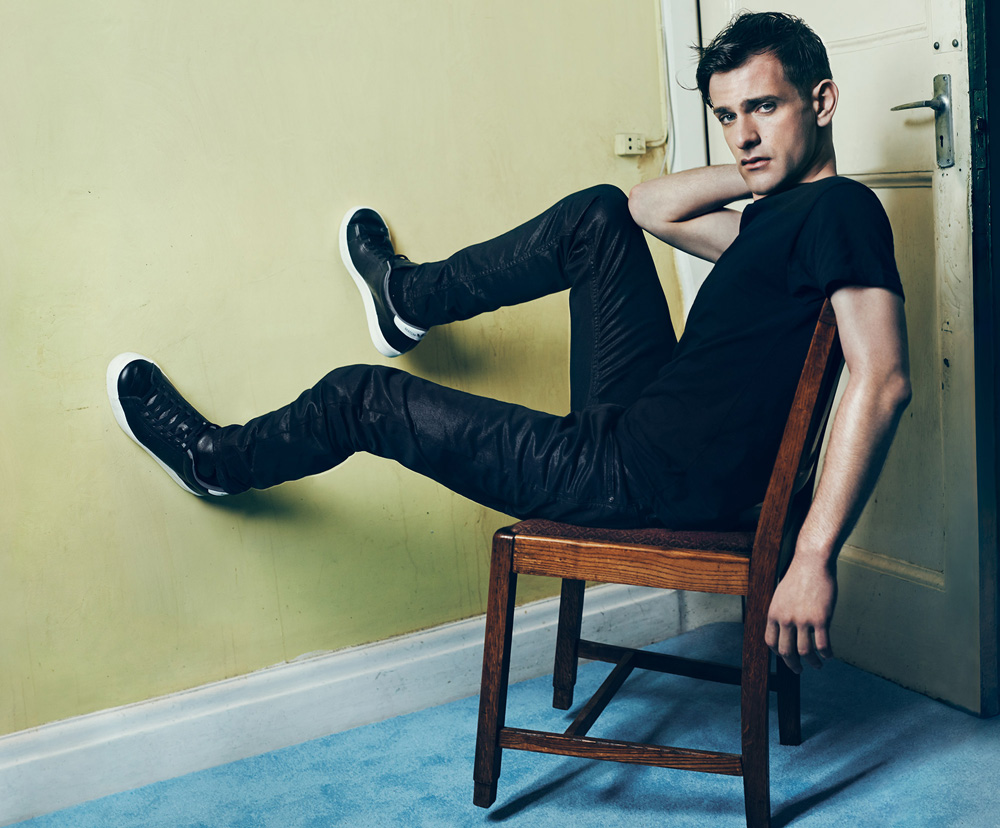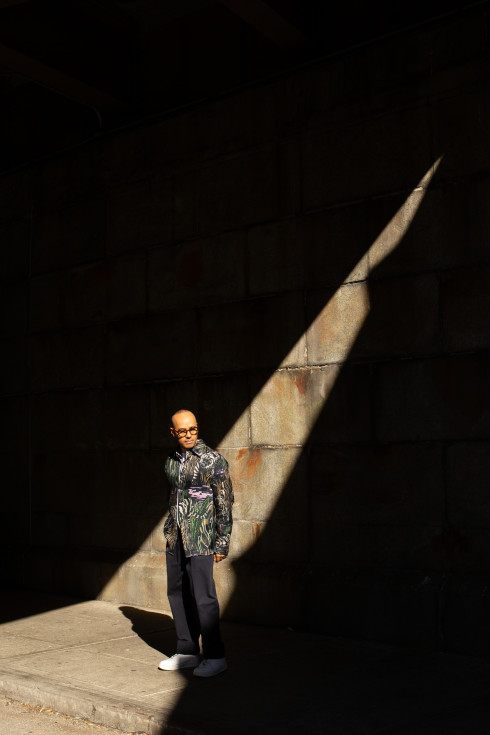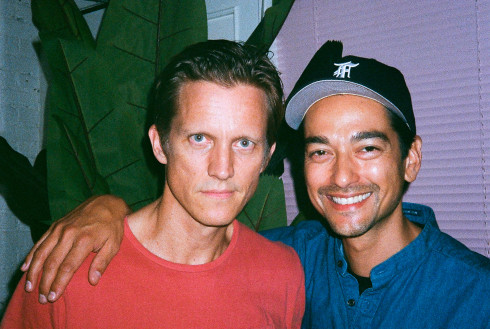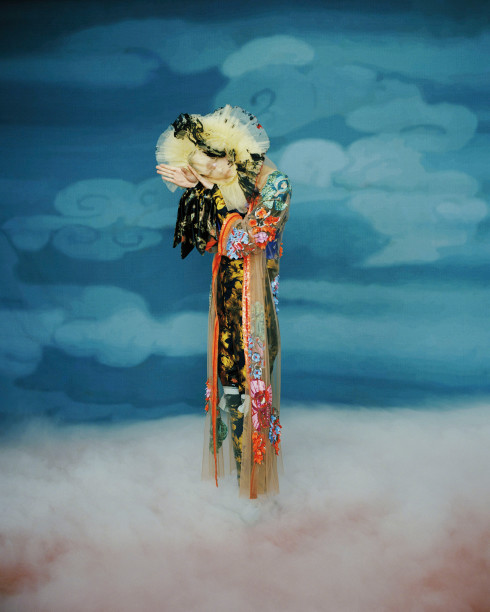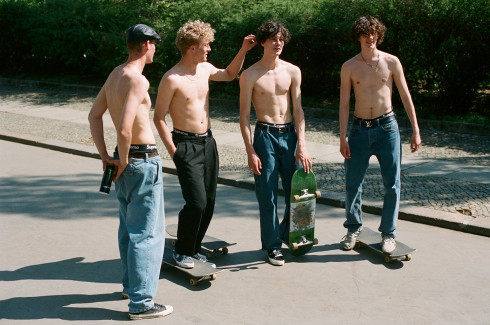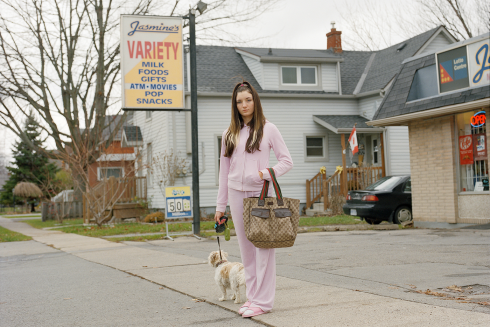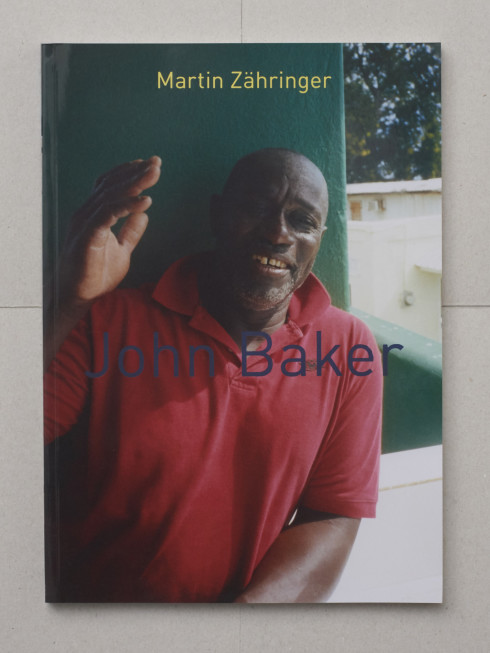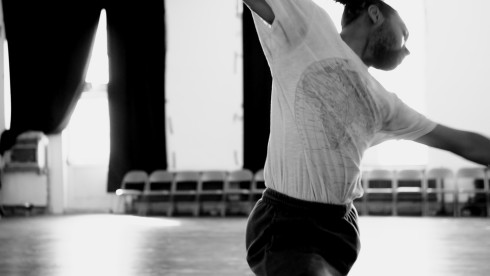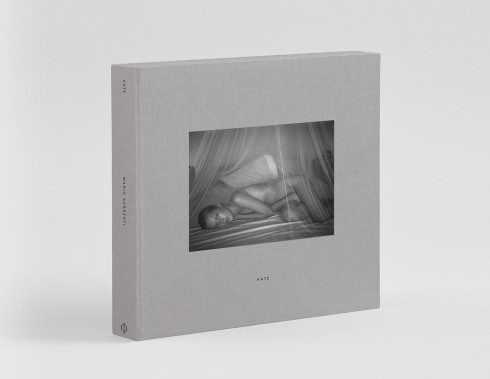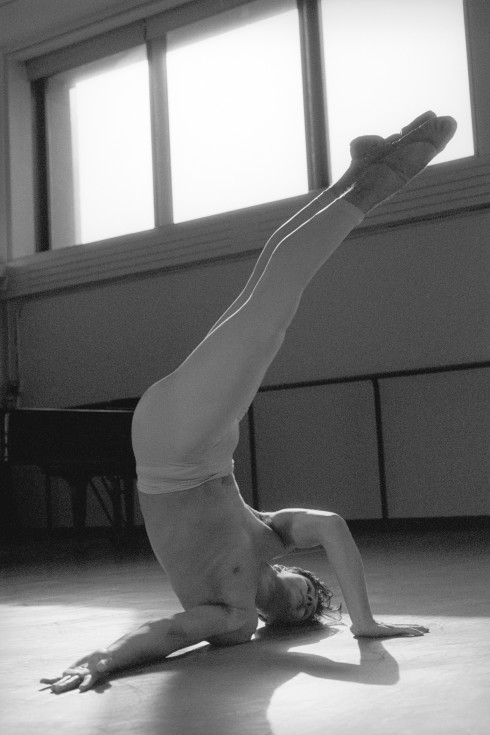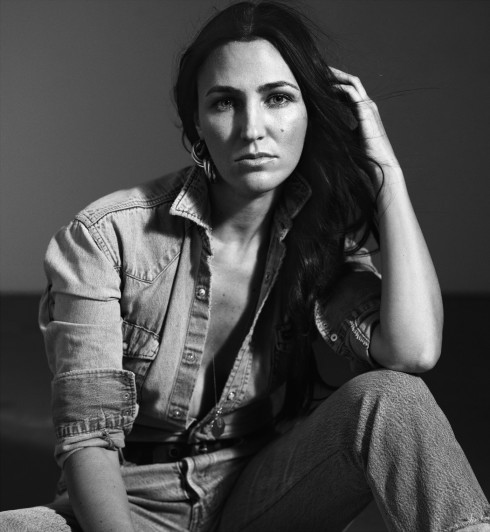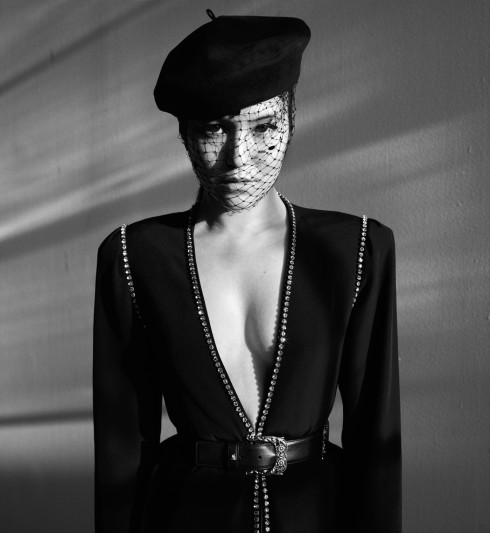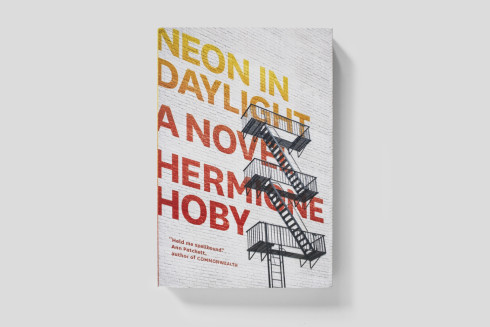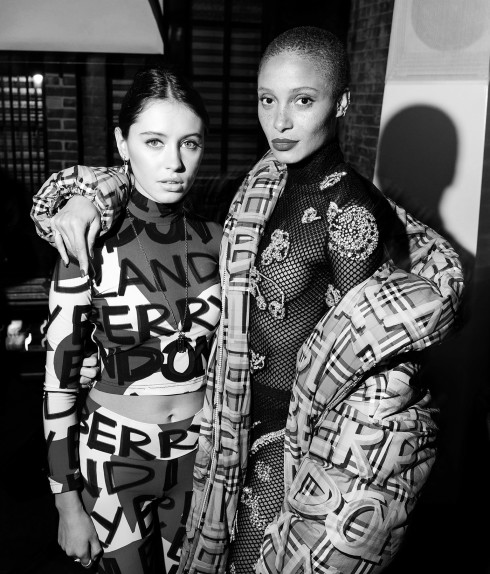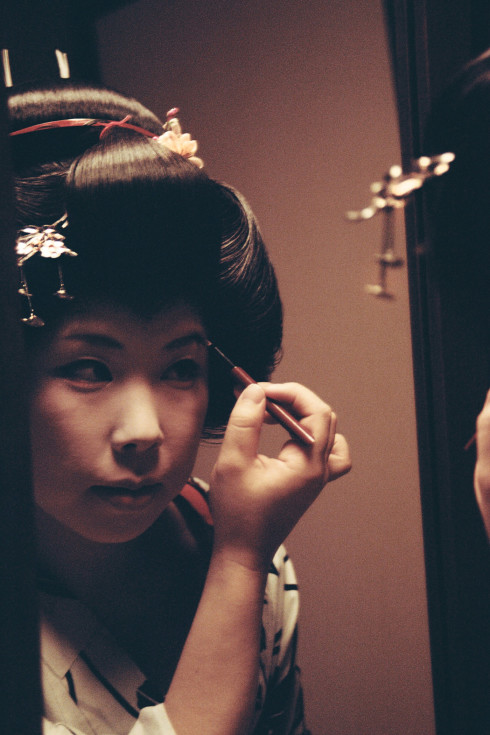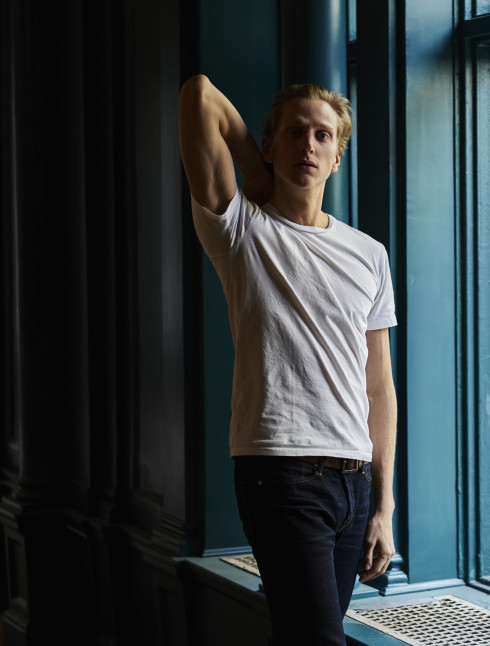JOSEF SALVAT
Australian singer-songwriter Josef Salvat isn’t one for discretion. “It’s not easy on my bedsheets, it’s not easy on my nerves/You will call me a harlot, you will call me a whore,” he croons on his languid pop ballad “Hustler.” It’s a song about self-destruction, Salvat says, about “reconciling your desire to do something with why you do it, the way it starts slowly destroying you.” It’s a song for a guy who doesn’t have much hesitation about baring his soul—or his dirty laundry.
Salvat’s utter frankness—and the sort of morose wit that underlies it—has caught the attention of more than a few industry heavyweights since music blogs started taking note just over a year ago. He’s released just a handful of tracks, all relatively quietly on SoundCloud, during this time: the aforementioned “Hustler,” “This Life,” a slow-building, gut-wrenching take on one lonely week, and “Every Night,” which is “basically about punching above your weight and getting away with it because you’re really good at sex…because it works,” Salvat smirks. They haven’t gone unnoticed, especially by the handful of labels Salvat is currently in talks with to join.
Some say he’s the male Lana Del Rey, and there is a certain orches- tral glaze to Salvat’s smutty, solitary ballads. Others claim he’s this year’s Gotye—at risk for a quick fall after giving it all away, capitalizing on all the buzz, at the start. There have been comparisons to certain cult-worshipped, still charming men. “Morrissey?” Salvat offers. “I guess it’s because I’m a guy and I’m writing emotional lyrics? I don’t know. I’ve never really listened to Morrissey.” There might be more to that one than he cares to admit—the music Salvat makes is digestible, atmospheric pop, but it’s also somber, raw.
Salvat wasn’t always so comfortable letting us all in. “That’s actually why I studied law,” he explains of his not-so-direct path to songwriting. “I’d always been making music. I wrote my first song when I was like twelve, thirteen. And it kind of got to the point where everything I wanted to do was music. I just didn’t feel equipped to enter the world.”
The straight-up creative route was just too vulnerable. “You just hear so many awful stories about the music industry and about sensitive, creative people trying to do shit and getting steamrolled by like, life, basically,” continues Salvat, admitting that his artist parents encouraged him to have a backup. “So, I was like, Well, if I get some sort of qualification like a law degree maybe I’ll be better equipped. I don’t know if that was the case looking back.”
Law school is five years in Australia, and by year four, Salvat had had it. He moved to Barcelona—where his father’s family once lived—to finish up his degree over there, jumping on cheap flights whenever possible to soak up the London music scene and make connections, any connections.
“That’s why I moved to Spain, just because. I had a friend [in London] at the time, and, if you would have spoken to her about her early days in London, she would have had some fucking horror stories,” recalls Salvat. “She was broke. Some of the places she was living in—she was seriously on skid row. And I had the same experience in Barcelona: I had no money, I couldn’t get a job. And I sold all my shit to stay. I ran this illegal bed-and-breakfast thing out of this flat that I rented, stuff like that. We were both kind of doing the same thing at the same time, except it was just so much grimmer in London. Because in Barcelona, if I didn’t have any money and I didn’t have anything to do and I was pretty depressed, I could go to the beach.”
It took a year and a half of Barcelona back-and-forth—and the completion of the then-superfluous law degree (“The moment I got out of law school, I realized I could never use it as a back-up plan,” he says)—for Salvat to feel ready for a full-on London music move. He arrived in May 2012, having acquired a manager while still in school, and hasn’t looked back.
“I want to work on my record, basically,” he says of his current situation. “The whole of last year I was playing unfinished material. The songs were finished, but production-wise it was all unfinished. I don’t want to play another show until I’m super happy with the material to the point where I’m happy to release everything that I’m singing.”
So he’s writing about the instability of being on the verge, Internet dehumanization, and dying relationships, with diverse—and fully un-ironic—influences ranging from Nina Simone to Björk to the Spice Girls and Eurythmics in mind.
“Music was the only thing that got me through,” Salvat relates. “I was writing, writing, writing—always.” Now, he’s writing more, with a début album in the works.
“Right now, I’m having to think about things in a way that I’ve never had to before—and think about myself in a way that I haven’t had to before—and that’s quite scary,” says Salvat. “On the other hand, everything is super hopeful in my life at the moment. Anything could happen.”
For more information, please visit JosefSalvat.com. Styling by Hanna Kelifa. Grooming by Lucy Burt at D+V Style. Hair by Daniel Martin at D+V Style. Photographer’s assistant: Ben Simpson. Stylist’s assistant: Guy Rugeroni. Digital technician: Matteo Macri. Production by Grace Holbrook and Kenny Burns at D+V Management.
Ashley Simpson writes about art, culture, and fashion for Interview, V, Style.com, and W. She grew up in Hawaii and the South and is currently based in Brooklyn.
